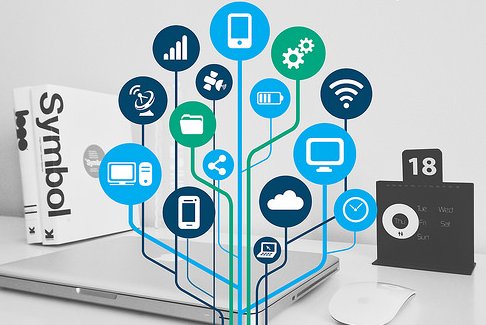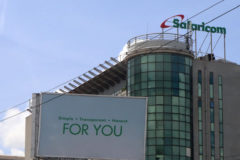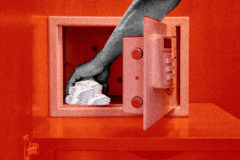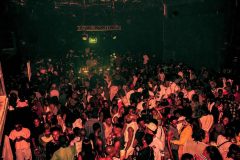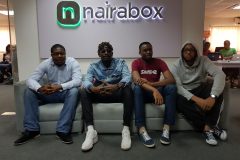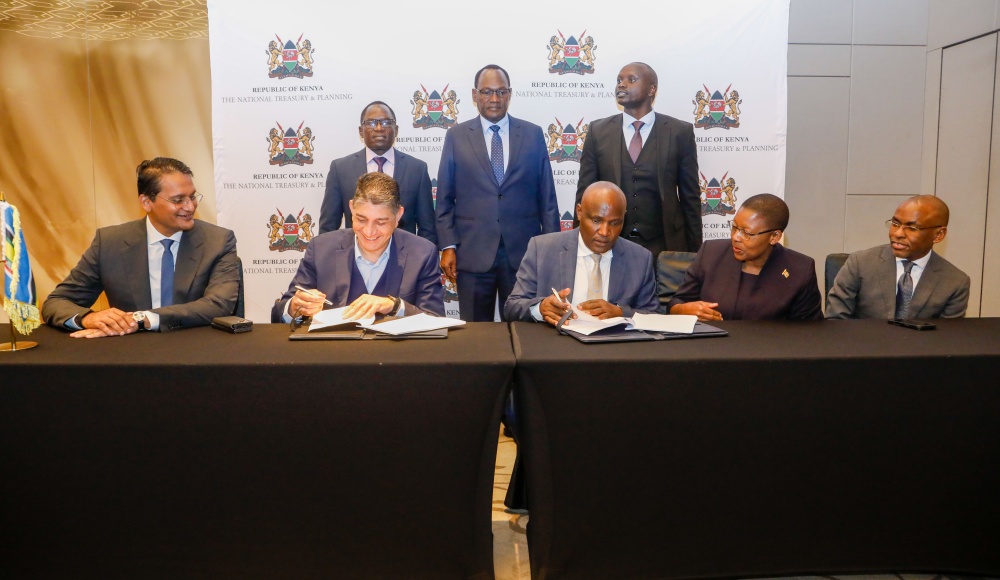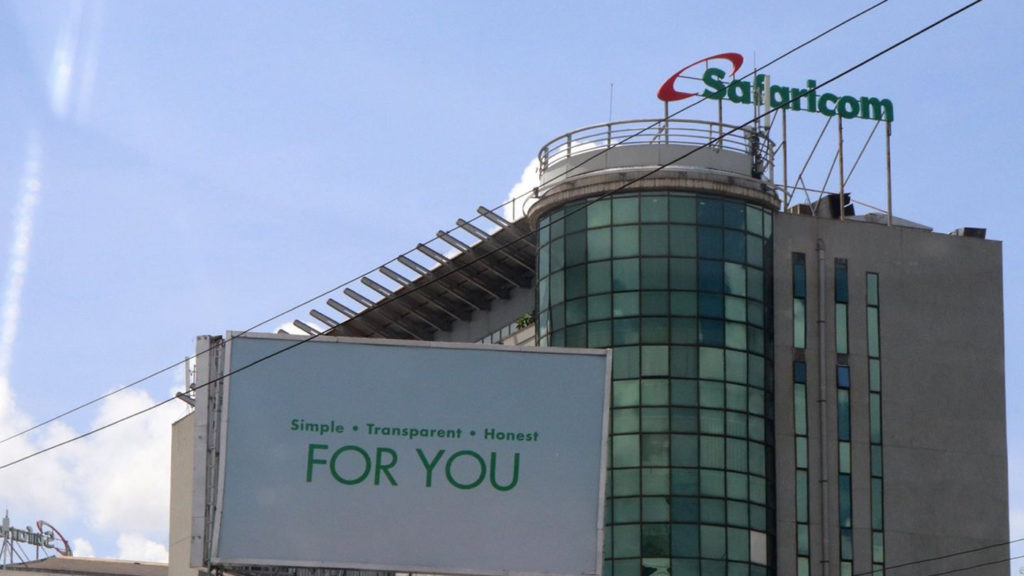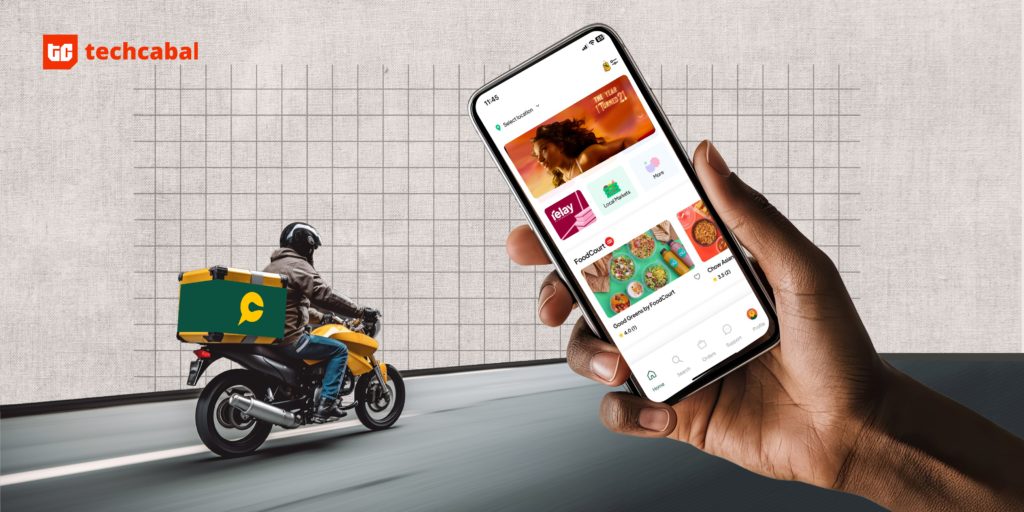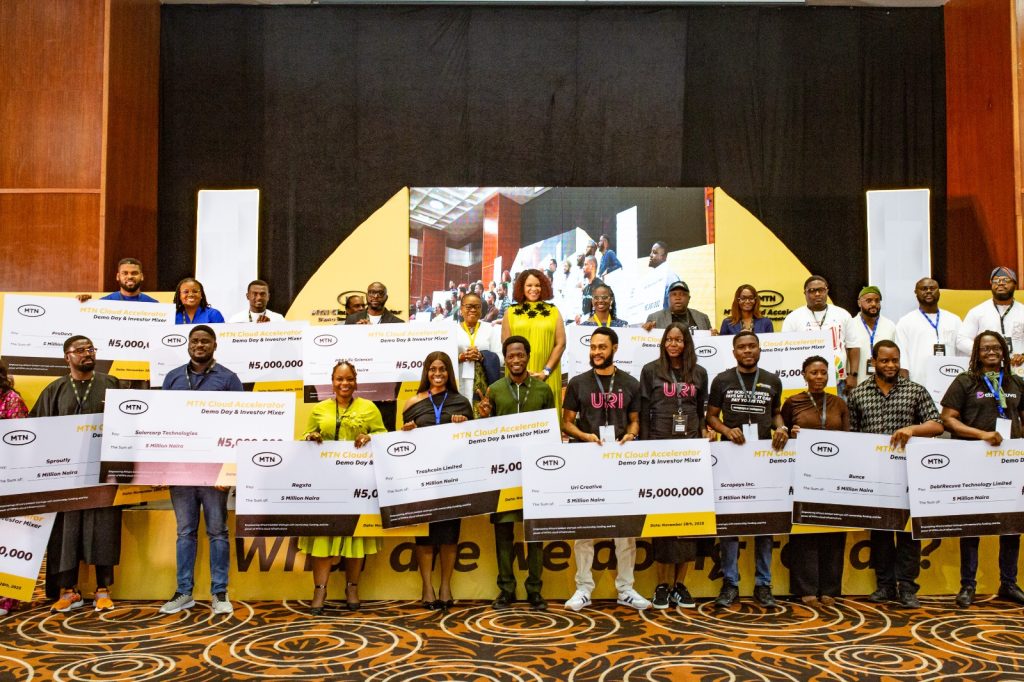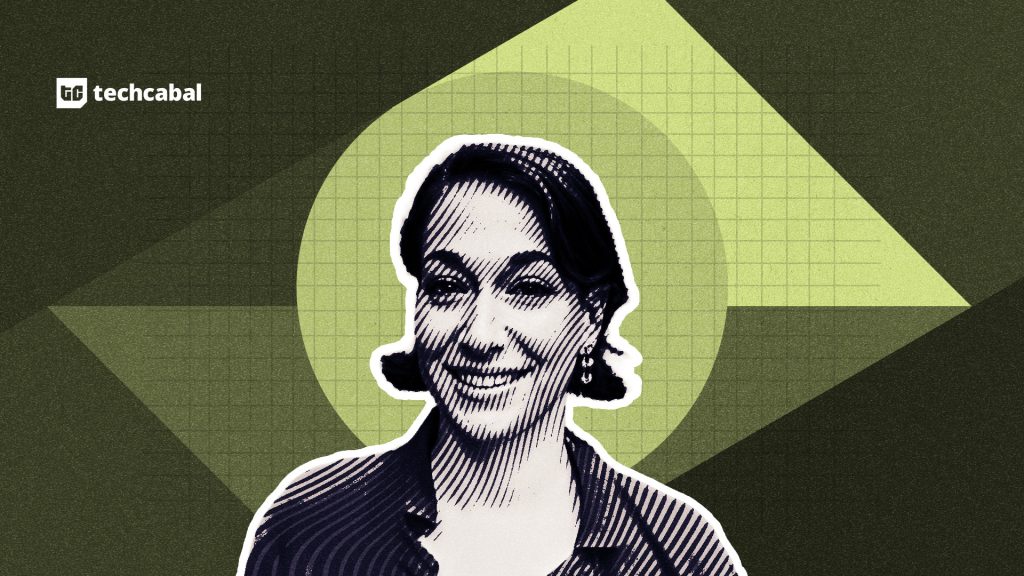Possibilities
What if we took all the data coming out of our everyday devices and connect them? This means we can cook at home using our mobile phones while working at the office, turn on the heater before we get home, watch our children in playpens while we shop. We can have stock re-order levels for business programmed onto electronic shelves, we can have intelligent traffic lights that sync with Ambulances on emergency response duty. Factories can run on autopilot and systems could replace fraught manual effort.
Everything, everywhere, can be ordered intelligently on the Internet. Wired describes this as follows:
“In our houses, cars, and factories, we’re surrounded by tiny, intelligent devices that capture data about how we live and what we do. Now they are beginning to talk to one another. Soon we’ll be able to choreograph them to respond to our needs, solve our problems, even save our lives.”
In some ways, the IoT is already happening at a small scale, but the global integration of small and big data is yet to happen. Many intelligent embedded systems sit in manufacturing lines, production tables, homes and offices disconnected from a symphony of sorts that could emerge, where they are all hooked to intelligent robotic controls based on Artificial Intelligence (AI) over the cloud.
Every time technology attempts an advance by a new wave of learning, it is held back by some kind of fear. This fear that devastating consequences could befall mankind. That when the conscious web takes charge of lives, some ill-intentioned terrorists will crash a world wholly reliant on devices and the scare that devices will get a mind of their own and turn against man. Maybe, just maybe, it is the unpalatable concept of change, and the rigour that new thinking and ways of things will demand of humanity that irks.
The Earth is Flat; the Earth is Round!
Claudius Ptolemy’s theory of the world was received as fact that; the earth is flat, at the centre of the universe and that the sun and moon revolved around the earth. This was until the physicist Nicolaus Copernicus came along with his 40-page theory called “the sketch of hypothesis” which conversely detailed how the world is actually round; the moon revolved round the earth and the solar system around the sun. This generated such an outcry and rejection that his book remained banned for over 300 years after he died. Today, it is clear, Copernicus was accurate.
Is the threat of the IoT real?
- Reservation and Cautious advance: Stephen Balkam in a Guardian article on Artificial Intelligence (AI) cites fears from Hawkings, Musk (who bought Paypal and Tesla) and Gates. These three respected technologists are expressing reservations about AI taking over human lives. Is there really something here to be afraid of?
- Control: There are legitimate fears that terrorists could take over smart grids, or that hackers could compromise nuclear stations and citywide transportation systems built on the Internet of Things (IoT). There are also fears of what disaster big data in the hands of unauthorised people could spell for enterprises and governments; in transport, health and public safety.
- Privacy: The nervousness is also for individuals whose homes could be spied upon, smart cars and mobile personal effects stolen, electricity turned off, gas meters changed and billing redistributed. No lesser than Intel, the world’s biggest processor manufacturer states that: “There must be a balance between the promise of new Internet of Things (IoT) tools and devices and the need for robust security and data privacy”
- Imperfection: Some people also fear the immaturity of technology, like what would happen if AI fails. We are all witness to denial-of-service and accidents from failed firmware; imagine the possibility that this were magnified over a global connected scale. The fear of the imperfection of technology is real; never is technology perfect on first discovery. Rather, new discoveries improve things, in versions, releases and patches. Some fear that the IoT will be handing over their lives to imperfect devices they do not get the opportunity to retract from.
The threat of danger from the IoT is real, so is the potential for easier lives. Many pictures and scenarios have been painted of beautiful syncronisation at home, at work and at play; automatic milk orders by our refrigerators, automated factory floors and auto-drive cars, what simplified existence! These are matter-of-factly the logical way for society to advance.
Solutions:
Security is now big business. In “Netocracy”, a book that predicted IoT from as far back as 2002, Alexander Bard speaks of security clusters being the most important factor for the “Netocrats.” Today, $60 billion is spent annually to make sure sensitive technology does not fall into wrong hands.
Humanity never allows the fears of derailed trains prevent it from boarding other trains, or the fear of fires to dissuade it from connecting gas pipes into homes. People do not permit the phobia for airline crashes inhibit them from taking to the skies the next day. Neither should we allow the negatives dissuade humanity from pressing on to its next frontier of an AI world, through the IoT. Cisco puts it this way:
“The opportunities presented by the IoT far outweighs the challenges if managed. The connection of devices, machines, and things allows you to dynamically generate, analyze, and communicate intelligence data, increase operational efficiencies, and power new and greatly improved business models.”
It should be understood that the stakes for this generation are higher. Connected devices need to meet a far more rigorous standard of testing before they can go live. Legislation and insurance must enlarge its view of risk, but there should be no going back. This is a challenge for humanity, we can rally the “Copernicus’” among us, the leading lights of technology research and inventions to advance in good speed, so tomorrow will be far better than today.
Editor’s note: Moses Ida-Michaels is a Regional Business Manager at S-COnnect UK. He is an IT and business development expert with a 15-year track record of driving multi-million-dollar business growth across niche markets. The post, The Phobia for the Internet of Things, appeared first on Moses’s LinkedIn page.
Photo Credit: perspec_photo88 via Compfight cc




